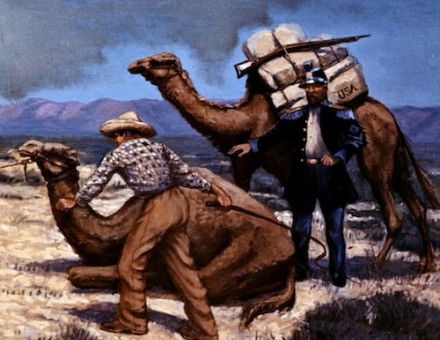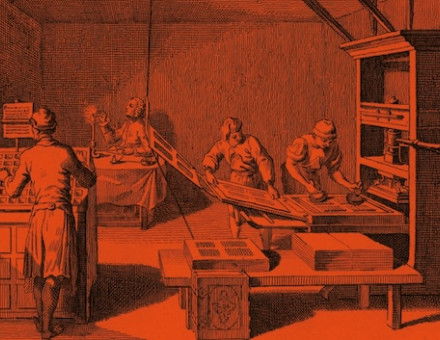The Bible in History: How Writers Create a Past
Thomas L Thompson
In The Times Atlas of World History only one sentence is given to the events of the Old Testament, showing that other sources are now taken as more authoritative for that time and that place. Even that sentence would be removed if Thompson had his way, for he considers the ancient Hebrew narrative as little more than historical fiction.
To discover, for example, the conditions of slaves under the Pharaohs, attitudes to social justice and racial equality and the application of early law in Israel, or the military strategy of the Assyrians and the Babylonians, we now have plenty of places to look for an answer. Primary sources from Egypt, Palestine and Mesopotamia enable us to reconstruct a broad picture of international political change; those same records also establish normal styles of ancient historical narrative. Sacred writ has ceased to be the only, or even the main, source for making a dispassionate reconstruction of ancient Middle Eastern history.





